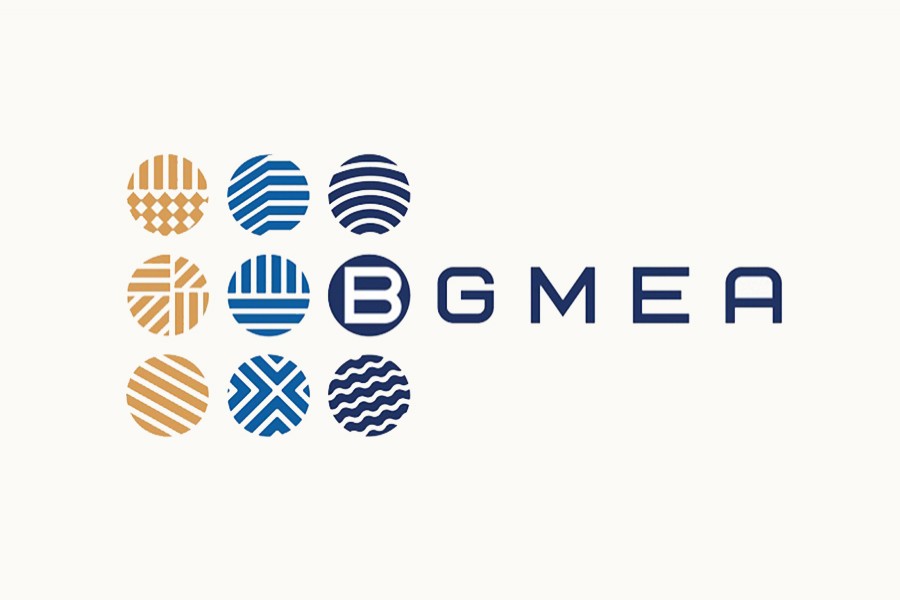
Published :
Updated :

The Bangladesh Garment Manufacturers and Exporters Association (BGMEA), the apparel apex body, has undertaken a move to explore audit practices aiming to formulate a unified code of conduct to reduce multiple and overlapping of inspections.
BGMEA is conducting a survey in this regard and asked all its member factories through a circular issued on September 10 to provide information on the audit practices and costs associated with each inspection.
The circular noted that the initiative would help reduce duplication of audits while ensuring that compliance and sustainability practices in the country's readymade garment industry will remain 'robust and credible'.
Talking to the FE, a number of local apparel exporters said social audits are frequently repeated throughout the year, often by the same auditors, collecting identical data for different customers. Such repetition consumes time and money and disrupts their production processes, as factories must accommodate audits to verify data already provided, they added.
Social auditing in supply chains is designed to identify labour and human rights risks and ensure that suppliers satisfy global, regional or company standards of ethical labour and supply-chain practices.
According to a report by the International Trade Center (ITC) published last year, Bangladeshi RMG industry continued undergoing the highest average number of social audits, even as audits declined in other surveyed countries including China, Vietnam, Turkey and India.
The report titled 'Navigating the Regulatory Landscape: Audit Fatigue in the Garment and Textile Industry' said excessive auditing could lead to "fatigue" and "inefficiencies" in supply chains.
The average number of social audits per facility in Bangladesh was 3.6 in 2021, rising to 3.7 in 2022 and then returning to 3.6 in 2023.
In China, the number was 3.1 in 2021, decreasing to 2.8 in 2023. Vietnam also experienced a similar downward trend, with an average of 3.2 audits in 2021 declining to 2.6 in 2023.
The average number of social audits in Turkey and India was 2.9 and 2.5 in 2021, respectively, and fell to 2.3 and 2.2 in 2023, according to the ITC report.
On September 03, the BGMEA leaders met with buyers' forum, where top representatives from 40 buyers and retailers, including H&M, Puma, PGH, Gap, Lidl, Aldi, Tchibo, Bestseller and Targe USA, were present. The apparel body requested their support in introducing a unified code of conduct in the country's garment sector.
During the meeting, a BGMEA presentation showed that different audit firms asked for a wide range of data points ranging from 85 to more than 600 focusing issues mostly on labour, safety, environment, ethics, wages, and working hours.
Talking to the FE, BGMEA Director Faisal Samad said there are many social issues that are commonly asked by different buyers. If the highest standards are taken into consideration for a unified code of conduct, they must be acceptable to all concerned, he said, adding that the purpose of the BGMEA survey is to identify the overlapping areas so that they could be minimised.
He further noted that once completed, they will sit with all stakeholders, including buyers, to move towards a unified code of conduct.
Munni_fe@yahoo.com


 For all latest news, follow The Financial Express Google News channel.
For all latest news, follow The Financial Express Google News channel.